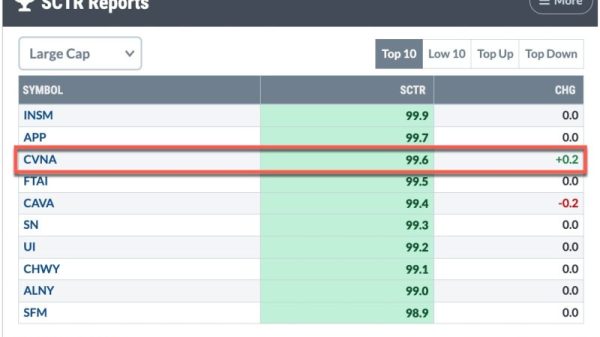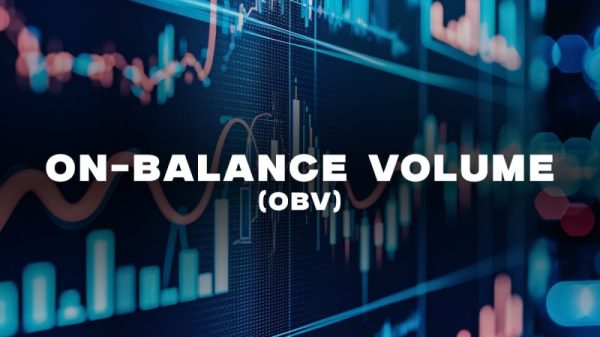Polygon Labs – the main developers behind the blockchain scaling network Polygon – published a research paper on Monday explaining how the government should go about regulating the DeFi industry.
From the Treasury Department to the U.S. Senate, politicians have been loudly criticizing crypto’s potential use for money laundering and terrorist financing, especially when leveraging the power of smart contracts.
Regulating Cryptocurrency and Blockchain
The paper says that current legislative attempts to protect financial integrity within DeFi are off the mark.
“Traditional finance integrity laws and regulations attach to intermediaries, including — with respect to anti-money laundering obligations — those intermediaries the Bank Secrecy Act (“BSA”) defines as “financial institutions,” reads the paper’s summary document.
“These current laws are not amenable to intermediary-less, blockchain-based software systems like decentralized finance (“DeFi”),” it continues.
1/ Today, @m_mosier_ @katjagilman & I are sharing a paper that begins a conversation around, & proposes a conceptual framework for, how to answer the “illicit finance” policy question as it relates to DeFi. A brief thread below, with links to the full paper + a summary document. pic.twitter.com/1OQ1gCHiAX
— Rebecca Rettig (@RebeccaRettig1) January 29, 2024
Authors of the paper include Polygon Labs’ chief legal officer Rebecca Rettig, former FinCEN acting director Michael Mosier, and Polygon’s public policy lead Katja Gilman.
The company’s assessment isn’t unique: the Treasury Department wrote that sufficiently decentralized DeFi services “may not be explicitly subject to AML/CFT obligations” in its Illicit Finance Risk Assessment of Decentralized Finance last year.
How Polygon Labs Proposes to Regulate DeFi
Polygon proposes a three-step solution to the legal conundrum, first by creating a legal definition for “System Control Persons” or “SCPs”.
These are people or entities with “unilateral ability to exercise
operational authority over any third-party value in a blockchain-based software system.” As such, they would need to follow standard AML requirements, even if the system describes itself as “decentralized.”
By contrast, systems without SCPs (“genuine DeFi”) would need a separate classification as “critical infrastructure” that is overseen by the OCCIP.
Finally, businesses interacting with genuine DeFi, while being obligated to protect U.S. national security interests, would not be regulated as “financial institutions” under the Bank Secrecy Act (BSA).
This differs from crypto-critical senator Elizabeth Warren’s suggestions last month that crypto firms should be subject to the same AML requirements as traditional banks. Warren has also claimed that North Korea is funding half of its nuclear arms program with crypto
Polygon’s summary concludes:
“The proposal herein overlays the policy goals underlying the financial integrity regime in the United States with the realities of the technology in an attempt to begin to answer questions posed by regulators and policymakers.”
The post How To Stop Criminals From Exploiting DeFi, According To Polygon Labs appeared first on Cryptonews.
































